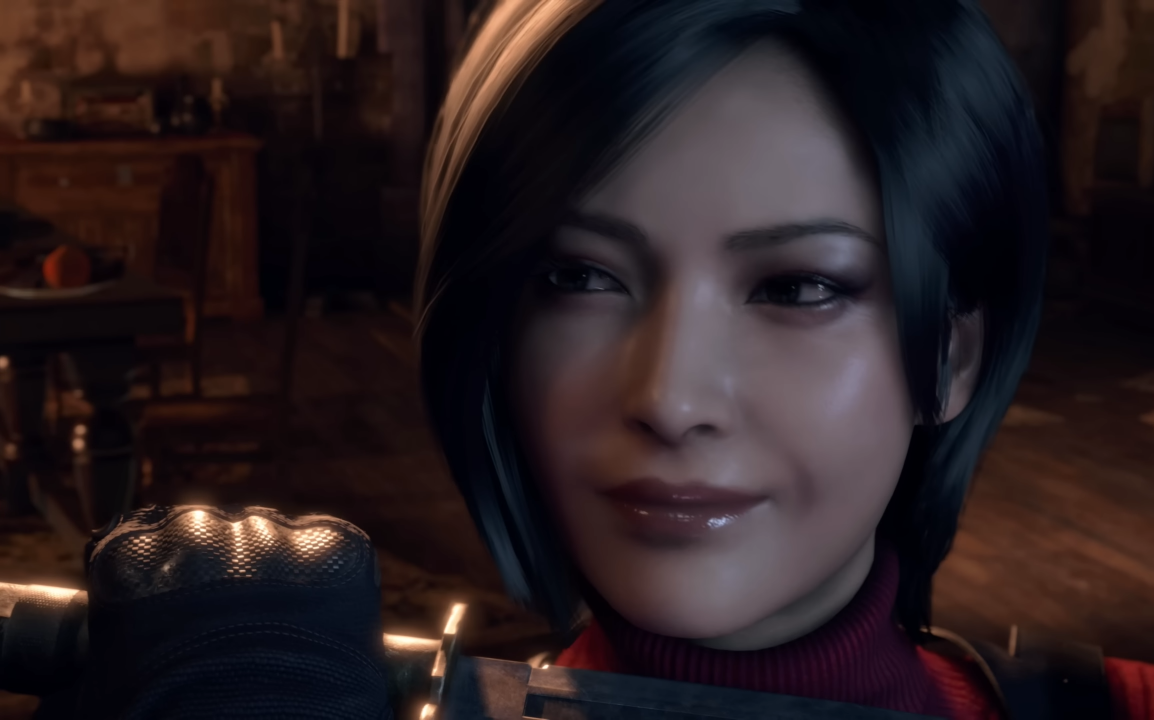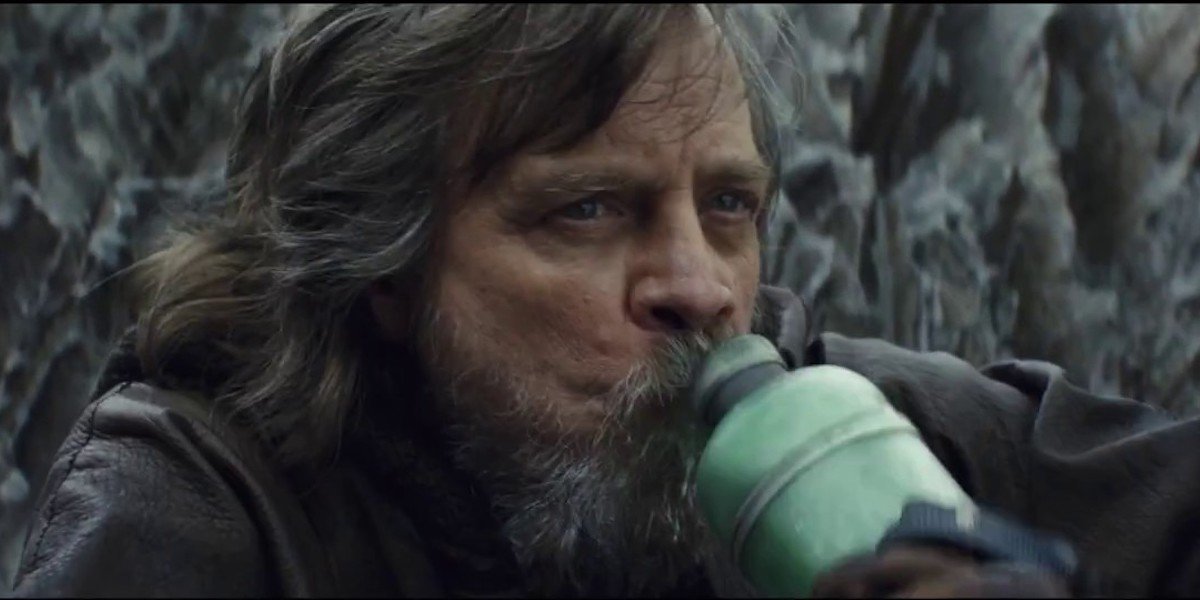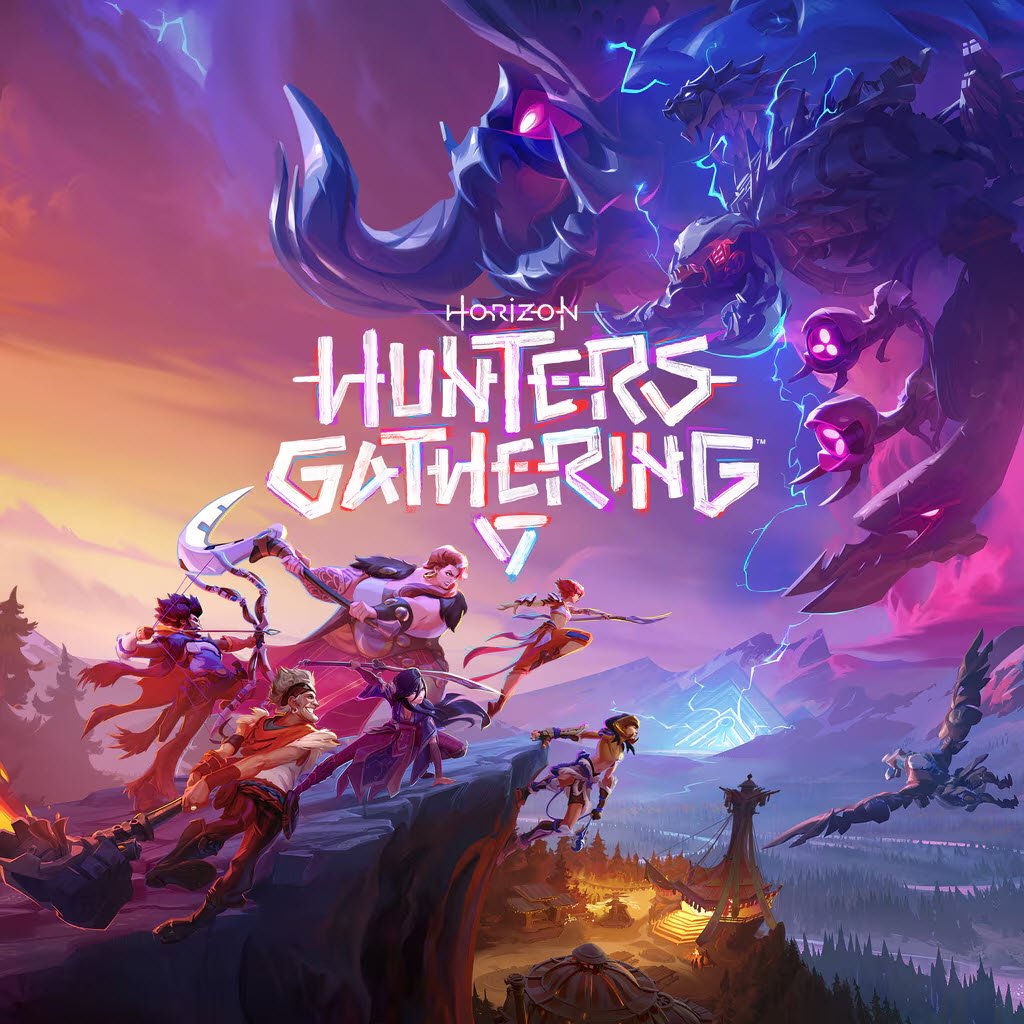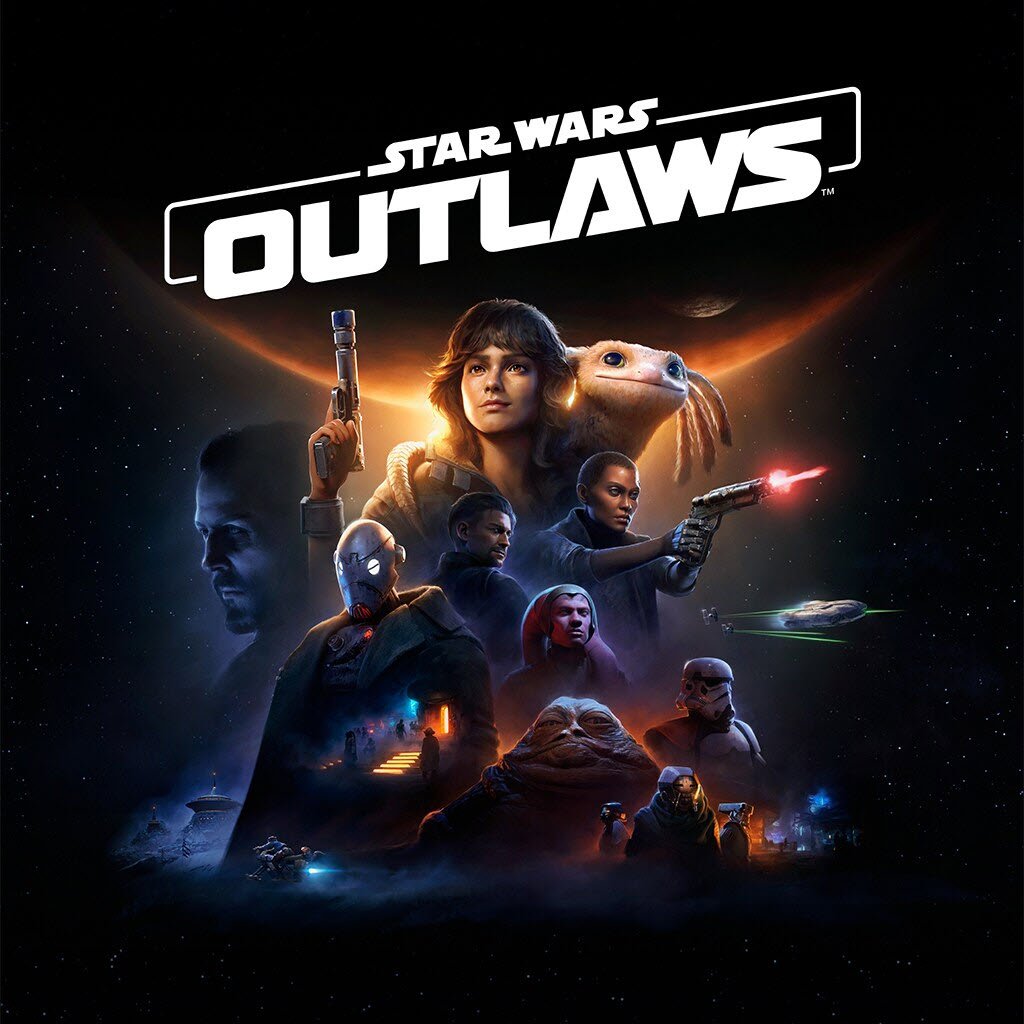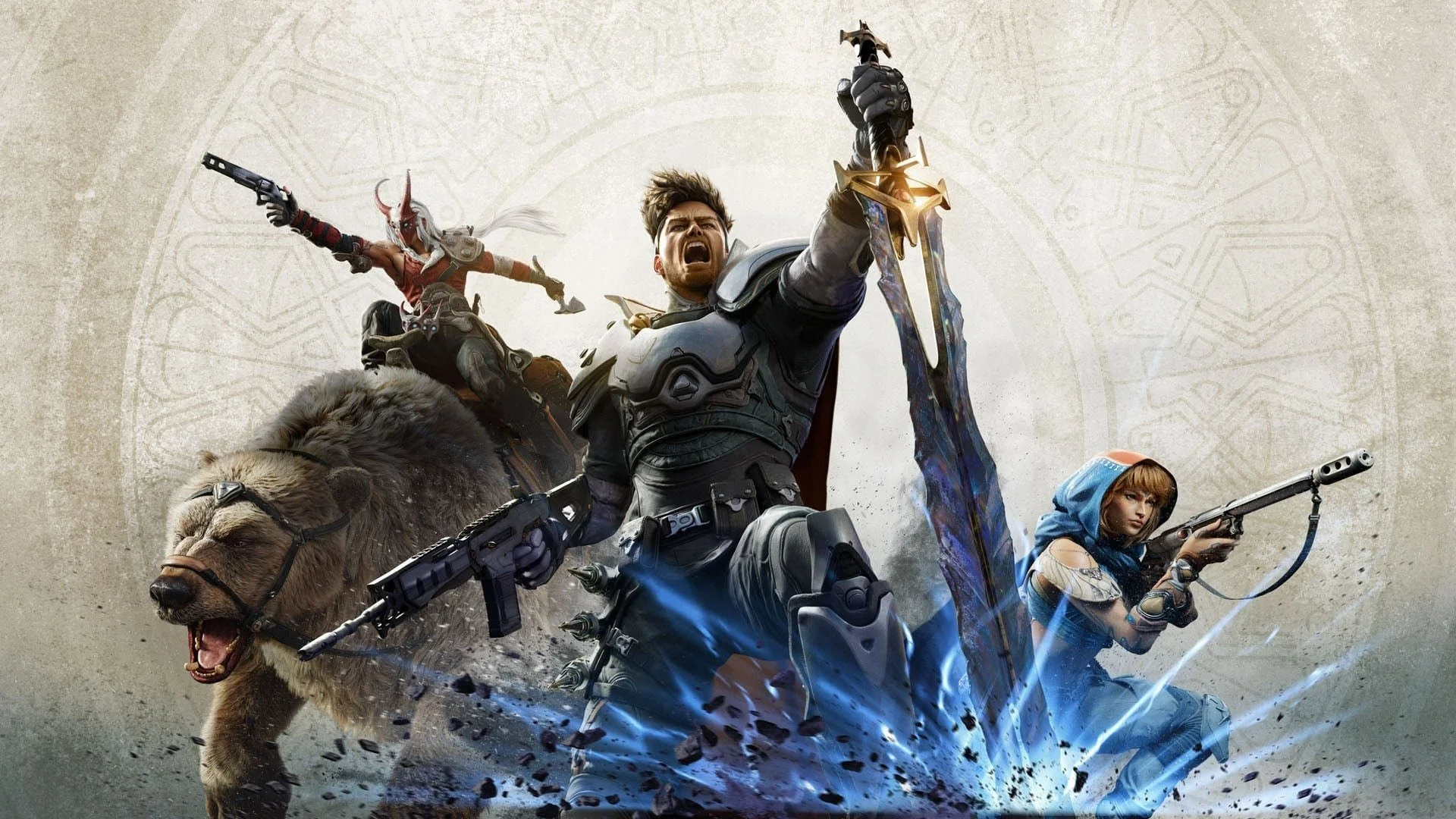Benefits of Thick Skin | Why Lily Gao's Response to Criticism Made Matters Worse
We all make mistakes. We all do things we regret that we wish we could go back and undo or do differently. I certainly have plenty of personal memories of instances in which I was a bad friend, I was immature or rash, or I reacted to something in a way I could have handled better. I have my regrets. I probably think about them more than the people I’ve wronged, but, if given the opportunity, I would gladly apologize to put water under the bridge, and try to make things as right as I could.
Why am I opening up this article with all this personal pontification about being mature and owning up to your mistakes? I’ve seen a type of behavior displayed over and over in the entertainment space (as well as others), in which a person of influence or notoriety does something worthy of criticism and, instead of showing some humility, or attempting to grow and improve, victimization and accusations are used to deflect and shield the person from the negative opinions. It’s been a tried-and-true method for the past decade to get famous people out of hot water, but I think the general public is finally getting fed up with it as a strategy. It’s become a boy-who-cried-bigot situation in how it’s been overused and abused for the past few years by anyone and everyone who doesn’t want to deal with any harsh opinions. It’s also simply immature, dishonest, narcissistic, and short-sighted in a way that the people using the strategy don’t understand that they would be better off if they took the loss and learned from it.
I bring all this up because of a somewhat recent controversy that befell the Resident Evil 4 remake. “Controversy” is a bit of a strong word to use, because seemingly everyone who has played the game thus far (I have not, yet) has endless praise for the game. It may not be as revolutionary or impactful as the original was, but I have yet to hear anyone say that the remake did not meet expectations. However, there is one particular blemish on the game’s presentation that, had the particular individual taken a different route, could have been accepted, disregarded as a minor gripe, and quickly forgotten. Instead, salt has been added to the wound. The fires of discontent and disdain have been stoked. I am talking about the performance of the voice actor for the character of Ada Wong, Lily Gao, and her response to the criticism she has received from fans.
Image: Capcom
For the remainder of this article, I intend to break down the character of Ada Wong, discuss the response of the voice actress, Lily Gao, and point out a few flaws in the argument she raises about her situation and the character. I also just want to mention a few examples in relation to some missteps of various creatives and companies in which they took a different approach to deal with the criticism and how it worked out in the long run.
Who is Ada Wong?
First, we should talk about the fictional character this issue is centered around. Ada Wong is a popular character from the Resident Evil (RE) video game franchise. First introduced in Resident Evil 2 in 1998, Ada Wong meets the protagonist of RE2 and RE4, Leon Kennedy, in the zombie-infested town of Raccoon City. While flirty and friendly with Leon, it’s clear very quickly that there is more to Ada than meets the eye. She’s more than capable of defending herself and clearly has an agenda that is not necessarily in the interest of the general public. She is revealed to be a spy who is trying to obtain a sample of the horrific virus developed by the evil Umbrella Corporation for reasons unknown. Regardless of which path you choose in the game, Ada always ends up betraying Leon’s trust in some way. That being said, she has her heroic moments as well.
When she made her dramatic return in Resident Evil 4, the dynamic between her and Leon had changed significantly. He was more mature and immediately suspicious of her, and she was aware of it. Their chemistry was a bit more antagonistic, but she still ended up saving Leon multiple times throughout the story of Resident Evil 4, while also maintaining her nebulous morality. Ada is neither good, nor evil. She’s a manipulative, self-serving femme fatale who happens to have a soft spot for Leon Kennedy. She is, however, occasionally willing to do the right thing.
Ada Wong has been voiced by several voice actors in various games and for the occasional appearances she made in the animated movies. Apparently, however, she has never been voiced by a woman of Asian descent in the video games until the Resident Evil 4 remake. I have only played the games in which she was voiced by Sally Cahill and Jolene Andersen, so they’re the performances with which I’m familiar.
In the original Resident Evil 2, Sally Cahill was one of the voice actors who did a better job than most of the rest of the cast. She helped make the character interesting, despite the fact that the graphics were so poor, you didn’t really have a method of knowing Ada was of Asian descent other than her name. In fact, since she’s a spy, we don’t even know if that is her real name. Maybe her profile picture could show her as being Asian if you tried to zoom in, but it didn’t matter because the fact that she was Asian wasn’t a character trait that made her interesting. Cahill later reprised her role in the original Resident Evil 4, and nobody complained.
Then, in the Resident Evil 2 remake, Ada was voiced by Jolene Andersen. Andersen took a slightly different approach to the character. Ada was less seductive than she was in the original RE2 and RE4, and she was more direct with her attitude and desires. Nonetheless, she still had a ton of personality, and the new blunt attitude still fit the character just fine, so complaints were minimal.
When I watched the trailers and when I watched streamers play the RE4 remake after its release, Ada looked fine. She seemed to be back to her antics with Leon, as expected. She wore a far less revealing outfit than she did in the original, but I was fine with it as it seemed far more practical. When she opened her mouth, however, the only emotion she seemed to have was boredom. This was Lily Gao’s interpretation of the character, and I could immediately see why there was a backlash to the performance.
What Did Lily Gao do?
You don’t have to take my word for Lily Gao’s performance in comparison to her predecessors. You can hear for yourself in this convenient YouTube video.
I’d argue that the clip from Vicky Psarakis in the video is pretty bad too in how stiff and cheesy it sounds, but there’s still personality there. As for Gao’s voice, it’s not horrific, it’s just flat. No emotion or inflection is used to add any personality to the lines. She sounds like she’s just reading off the script without knowing who she’s talking to or what her character is supposed to be.
The blame can’t all be leveled solely at Gao because there should have been a director in the recording studio telling her how to say things and when to give more emotion. When it comes to bad acting in any medium, you can certainly blame the actors in some instances, but a lot of it can be attributed to the directors, too. Just look at the Star Wars prequel trilogy and how poorly some of the actors performed, despite there being Academy Award winners and nominees among the cast (back when that meant something). So, I’ll give Gao credit for not throwing anyone under the bus and making excuses as to why her performance was bad. However, her response to the criticism on social media was just as hollow and pathetic as that might have been.
“Being the first Asian actor to portray Ada in the Resident Evil video games is an honour, and I will forever be grateful to our producer and director, for making the decision on authentic representation. It’s unfortunate with the game’s release, also came the all too familiar feeling of ‘I don’t belong’. While criticism is expected, it’s not the first time an actor of colour faces racist and sexist harassment, for simply participating. Inauthentic casting perpetuates an unhealthy image that further dehumanizes the community they seek to reflect. It is time we stop only capitalizing on the sexualized, eroticized, and mysterious Asian woman, and make space to honour every kind of Asian woman. My Ada is a survivor. She is kind, just, intelligent, and funny. She is unpredictable, resilient, and absolutely not a stereotype.”
Obviously, if people are harassing Gao and going on her social media pages to tell her she’s terrible, that’s no good. If people are making genuinely sexist and racist comments about her in the process, that’s also horrible. But the internet is a big place, full of ass-hats who can only get aroused if they ruin someone else’s day. Regardless of whether their opinions are right, people will take any opportunity they can to be anonymous jerks and can find many different ways to be cruel in the process. Rather than simply saying, “Sorry, I didn’t like your performance, I think it was flat,” there are probably plenty of people who are just hurling malicious insults at Gao that she doesn’t deserve. I’ve experienced it, countless others have too.
However, I learned a long time ago that words are only as powerful as we let them be. The old phrase regarding sticks and stones helped me a lot when dealing with bullies growing up, and I learned that the best way to deal with bullies is to ignore them and prevent them from getting the satisfaction of hurting you. It’s not easy, but when you take away their sadistic motivation for messing with you, they eventually get bored and go away. If they don’t, it just proves how little of a life they have and how pathetic they are in comparison. This is why having thick skin can be helpful, especially if you live a life with any notoriety. You will have critics regardless of how good you are at your job. That’s just the way it is. And if you come away looking like the mature person, people will respect you more for it.
While I do believe Gao’s performance is worthy of criticism, I don’t believe she deserves to be bullied. I just wish that she had used a different method to handle this mess.
Why Gao’s Response Makes the Situation Worse
At last, we’ve arrived at the primary reason I wanted to write anything in the first place about this debacle.
Lily Gao’s response demonstrates the same self-entitled narcissism that seems to infect everyone who cannot handle criticism. It’s not just the fact that she’s claiming racism and sexism (without providing any evidence) as the reason she’s receiving negative opinions. This is the same sort of claim many other famous people or organizations have used to defend something they’ve been involved in that has received backlash (for example, anything Star Wars or Marvel has released in the past four years, or Amazon’s The Rings of Power, or anything a politician says). It’s a tired strategy that portrays Gao as a victim, and it is meant to shield her from any additional criticism. However, as bored as I am with this sort of thing, that’s not the part of her response that I take the most issue. Let’s just go through a few of these sentences that stand out.
“Being the first Asian actor to portray Ada in the Resident Evil video games is an honour, and I will forever be grateful to our producer and director, for making the decision on authentic representation.”
I don’t really care who is the first X to do Y in most situations, and I especially don’t care when playing a video game or watching a movie. If that makes you feel like that is a major accomplishment, fine, I get it. Everyone wants to do something meaningful with their lives and careers. If Lily Gao wants to believe that being the first person of Asian descent to play the fictional Asian character in a video-game franchise about zombies and body-horror is a big accomplishment (for herself or society in general), she can do that, even if I don’t agree. However, the words “authentic representation” rub me the wrong way. This phrase suggests that all those who played Ada Wong in previous games were inauthentic, simply because the women providing the voice were not the correct race, and regardless of their abilities as voice actors. Lily Gao goes even further in this insinuation with the following quote:
“Inauthentic casting perpetuates an unhealthy image that further dehumanizes the community they seek to reflect.”
How many animated movies have you seen that had ‘inauthentic representation’? How many games have you played that had ‘inauthentic representation’? Now that you understand what makes representation of a character ‘inauthentic,’ are there any movies or games that you regret giving your time? Are you going to throw out your copies of Resident Evil 2 and its remake? Will you burn your copy of The King and I because Russian actor Yul Brynner portrays the King Mongkut of Siam? If you don’t, are you a bad person?
It’s not like there aren’t plenty of examples in which questionable casting choices were made to have famous actors play people of a completely different race in film and television. My go-to example of something like this—that isn’t as overtly offensive as Mickey Rooney’s portrayal of Mr. Yunioshi in Breakfast at Tiffany’s—is when all-American white guy John Wayne portrayed an Asian barbarian called Temujin in The Conqueror. John Wayne could play a tough guy like no one else, but his range was limited, and choosing to make him the one to emulate Genghis Khan was not the best choice, regardless of how much makeup they used to adjust his appearance.
So, I agree that inappropriate casting can negatively affect the overall experience of the viewer. Now that more people of every race have been given the opportunity to act and star in movies and shows since the days of John Wayne, it’s something that can and should be avoided. However, there is a key difference in regards to when a person is cast to portray someone of a different race in film and T.V., versus when a voice actor is cast to play a character in a video game, cartoon, or animated feature that I would like to point out: YOU CANNOT SEE THE VOICE ACTOR.
An obvious example in which “authentic representation” became an issue of contention with voice acting was with the Indian character of Apu from The Simpsons being voiced by Hank Azaria, who voiced practically every other character in the show. Apu, at least, had an accent to back up the argument regarding him being a stereotype, but Ada Wong has never had an accent, nor does she have one in the RE4 remake. The fact that Ada is Asian has no real impact on who she is as a character—at least, I never thought it did—so what difference does it make having an Asian woman provide the voice if we are never going to see the actress? I don’t think it makes a difference in terms of the quality of the final product. It’s the quality of the voice acting that makes the difference. Be it a video game or animated movie, voice actors rarely get the same attention as actors who are well-known in movies and TV, and most people who play video games wouldn’t go out of their way to celebrate or shun a voice actor’s performance unless it stands out in some way. I have yet to hear any criticism towards any of the other voice actors, including the voice of Ashely (Genevieve Beuchner), so the “sexism” part of her response doesn’t make the most sense, but this article is long enough already, and I don’t really want to go down that road.
If you think I’m wrong about whether or not “authentic representation” makes a difference, let me pose a counterpoint involving Asian voice acting. My favorite Disney animated film is Mulan. It is a fantastic movie that does a great job of elevating its female character without being distracted by ideology. The two main (human) characters, Mulan and Shang, are voiced by Ming-Na Wen and BD Wong, respectively (until Shang sings, which is Donnie Osmond). Both are talented voice actors of Chinese descent, so that would be considered “authentic representation,” right? Well, things get complicated from there. The Emperor of China, a person who is historically seen as divine in the culture, is voiced by Pat Morita. Mulan’s first ancestor, who sends the dragon guardian, Mushu, to protect Mulan on her journey, is voiced by George Takei. Both Morita and Takei are of Japanese descent. They are Asian, but is this now inauthentic because they’re not of Chinese descent? What about Mushu, who is voiced by Eddie Murphy? Since he’s a dragon, does that not count, even though he’s a Chinese dragon? How about Mulan’s grandmother or comrades in the military, who are voiced by Caucasians and Jewish people? Does that tarnish the quality of the film and dehumanize all the characters that do not have “authentic representation”? Are only the characters voiced by non-Asians dehumanized, or does it dehumanize every character in the film for having the filthy outsiders be involved?
I’m neither Chinese nor a woman. That does not change the fact that I think Mulan is a great character in a great movie that manages to tell an interesting story with powerful emotions and entertaining moments. It wouldn’t have mattered who voiced her, so long as they did a good enough job with the voice acting to not be distracting. This is the power of storytelling. I can relate to a character who does not physically look like me, or sound like me, or even exist in my world. If a character is written and portrayed well, they don’t even have to be human. Pixar understood this from the beginning. They wouldn’t have bothered making movies about robots, or toys, or fish, or whatever else they came up with if the characters had to be relatable solely through their physical appearance. What about other popular Disney animated movies like The Lion King? Are animals excluded from Lily Gao’s rules? Since the story of The Lion King takes place in a fictional Africa, should they only be voiced by people of African descent? If we know in which country the story is being told, does that exclude voice actors whose ancestors came from different countries? When does authentic become inauthentic?
These are all stupid questions I shouldn’t even have to ask, but they need to be raised when we start talking about excluding people from potential opportunities based on a person’s belief of what makes a character’s representation “authentic” in voice acting. According to Lily Gao, quality writing and acting are less important than casting someone with the right skin color or family lineage to voice a character. This is a little odd when you consider what Gao also said here:
“It's unfortunate with the game's release, also came the all too familiar feeling of 'I don't belong'. While criticism is expected, it's not the first time an actor of colour faces racist and sexist harassment, for simply participating.”
She feels like she doesn’t belong because she’s an “actor of colour [facing] racist and sexist harassment.” What about what you’re saying, Lily Gao? Apparently, she doesn’t believe that non-Asian people belong behind the microphone when voicing a character who is Asian. In fact, she believes that it is actively harmful to do so. She’s worried about exclusion while also claiming we need to exclude people from the position she had. Never mind the fact that her strategy would make voice acting in video games substantially more expensive and complicated when you consider how often a voice actor will provide lines for numerous other background characters in a video game, but that’s beside the point. And as for the part of the quote “for simply participating,” I find it funny that she says this because that’s essentially how I would rate her voice-acting quality.
The part of her post that really bothered me, however, is at the end:
“It is time we stop only capitalizing on the sexualized, eroticized, and mysterious Asian woman, and make space to honour every kind of Asian woman. My Ada is a survivor. She is kind, just, intelligent, and funny. She is unpredictable, resilient, and absolutely not a stereotype.”
While plenty of the rest of her quotes are filled with narcissism and self-entitlement that dictate she deserves to be the voice of Ada Wong more than a talented person of a different race, this part stands out to me and is the epitome of her ego. She believes the way Ada was portrayed previously—what made her a popular character to begin with—is bad. She doesn’t like her being “sexualized, eroticized, and mysterious” because that makes her a stereotype, apparently. I would argue that those adjectives can just be applied to a woman of any race who fits into the femme fatale archetype. According to Gao, it makes Ada a stereotype because she’s Asian. This is already a monumentally stupid and ignorant thing to say that exposes her own prejudices about how she views this character and the people who like Ada. But the most revealing thing she says is in the last three sentences.
“My Ada is a survivor. She is kind, just, intelligent, and funny. She is unpredictable, resilient, and absolutely not a stereotype.”
While I would actually agree with Gao that Ada is indeed intelligent, funny, unpredictable, resilient, and not a stereotype, I would not call her “kind” or “just.” As I mentioned earlier, she’s manipulative and self-serving. She’s not a hero. She’s got layers of complexity that make her stand out against heroes like Leon. Either Lily Gao does not understand who the character is, or Lily Gao thinks she’s so important that Lily Gao should ‘fix’ the character, as though Ada Wong didn’t exist until Lily Gao voiced her. My bet is on the latter because she says, “My Ada.”
She has claimed ownership of this character, and that gives her the right to change her however Gao pleases, so long as it suits her agenda. It doesn’t matter that Ada had all the qualities of a femme fatale secret agent that made her cool in the eyes of many Resident Evil fans long before Gao voiced her. It doesn’t matter that the character was popular, despite being voiced and “inauthentically represented” by multiple other voice actors in the past. Those “inauthentic” voice actors didn’t face backlash for their performances, but Lily Gao is the only one who matters, so she should be the one to define who Ada Wong is as a character.
I wouldn’t call myself a huge fan, but I have always liked Ada Wong. I’m fine with a little tweaking and updating to her character if it suits the story. I didn’t mind the blunt and rude attitude she had in the RE2 remake due to the much darker tone the game had. I don’t mind the turtleneck she sports in the RE4 remake, because it makes sense for her to drop the heels and revealing dress if she’s going to be doing acrobatic spy stuff anyway. What I do mind, however, is an arrogant, self-righteous blowhard who has the audacity to think that their opinions of how the character should be played supersedes everything that originally made the character so interesting to many people, and who insults all her predecessors (and fans) who helped make the character popular in the first place.
Have you ever seen this sort of attitude in anything else in the past few years? Have you ever heard a director, producer, or actor justify changing a popular, established character in a way that contradicts the very nature of that character and in a way that might upset fans? I can’t imagine why Lily Gao has faced any criticism or why her response to the criticism might make things worse.
Image: Disney / Lucasfilm
One last thing. I’d like to remind Lily Gao that the character was created by Japanese people. Despite all her claims of racism, despite how she doesn’t appreciate what made Ada Wong a popular character in the first place, and despite the fact that she clearly doesn’t like Ada because she views her as a stereotype, Ada Wong was still the brainchild of Japanese video game developers. Is she claiming the Asian developers are bigots for creating a character like Ada Wong? Or is it more likely that the developers just wanted to create a cool character who happened to be Asian, and Lily Gao has the same problem with projection as many other arrogant tools in the entertainment industry who only have a hammer and can see nothing but nails wherever they look?
Humility Goes a Long Way
Rather than closing with a teardown of her comments, I wanted to talk about how Lily Gao could have handled the situation to avoid some hate and earn some trust from fans. Had she shown a little humility in the situation, I don’t doubt that a majority of her haters would have backed off and respected her for it. Had she said something along the lines of this, I think she would have been praised across the board, and most people would just have disregarded her voice work without much thought:
“I’m sorry my performance didn’t meet the standards of the fans. I am disappointed with its reception, and I know I could have done and can do better. Ada Wong is clearly a popular character beloved by many fans around the world and I want to treat the character with the respect she deserves. If the fans will allow it, I hope that Capcom can give me a second chance to go back into the recording studio and use the feedback I have been given to do the role right.”
I came up with that apology in five minutes, so you can judge it or me as harshly as you like, but I think it would have been an improvement over Gao’s response. She wouldn’t even have to request to do the voice-over again. She could just say sorry to the fans and that she hopes she’s given the opportunity in the future to demonstrate her talents, and I think most of the hate would have immediately subsided. I’m not her agent, but if her agent suggested the response she released, then she should fire them immediately. She doesn’t come away looking strong or powerful. This response makes her appear childish, thin-skinned, and arrogant. However, plenty of hack sites like Kotaku or The Gamer are more than willing to push the same narrative as Gao and idolize her as a hero for her dumb words.
Do you know why I’m so certain that Gao would come out the other side of this looking a lot better if she just owned up to her mistakes? Because I’ve seen it before. A few years ago, there was a Sonic the Hedgehog movie. The first trailer showed a hideous abomination that was supposed to be Sonic, and fans rightfully called it out. The filmmakers apologized, said they’d work on it to meet fan expectations, and they had to delay the movie to allow time for the overworked animators to fix it. But they came back with a better-looking Sonic, and the movie was a big enough financial success that it got a sequel. I never watched it, but good for them.
Take a look at the Resident Evil Franchise itself for another example. The RE franchise has had its share of bombs and blunders. When RE6 was critically panned—even though it was one of the highest-selling games Capcom’s ever made—the company apologized and said they would do better next time. Resident Evil 7 came out a few years later, changed the format of the game entirely, was a huge success with fans, and revitalized the franchise. Then, the RE2 remake came out and was a big splash, so they followed up with an RE3 remake that, while still successful, was a little disappointing to many fans. Again, Capcom recognized this and made an important decision regarding the Resident Evil 4 remake. The same developers who had been outsourced to do the RE3 remake were working on the RE4 remake at first. Capcom, concerned about how the previous game had been received and knowing that RE4 is a darling of the franchise, decided it would be better if they scrapped what had been made already and did it over again from scratch to make sure it was done right. Aside from Lily Gao’s performance, I’d say that most fans are pretty happy with Capcom’s decisions.
The point I’m making in all of this is that we all make mistakes, and that’s fine. In fact, mistakes are important because we can learn from them and grow from them. We always have room to improve. We can always find ways to be better and do better. This is something we all understand. There will always be criticism, and it may not come in a form that is pleasant or helpful, but it’s up to us to take that feedback and rise above the negative comments so we can become better people. When people own up to those missteps, it is easy to recognize and respect them for it. Finger-pointing and crying “racism!” or “sexism!” (without any examples) as an excuse for your crappy performance, on the other hand, is a good way to make sure you limit your future opportunities. If you suck at voice-acting, and you suck as a person, who is going to hire you?
Grow a thicker skin. Temper your ego. Shrug off the hate. Take the criticism as an opportunity to learn and improve. Move on with your life. Be better and do better. People will like you more for it.
